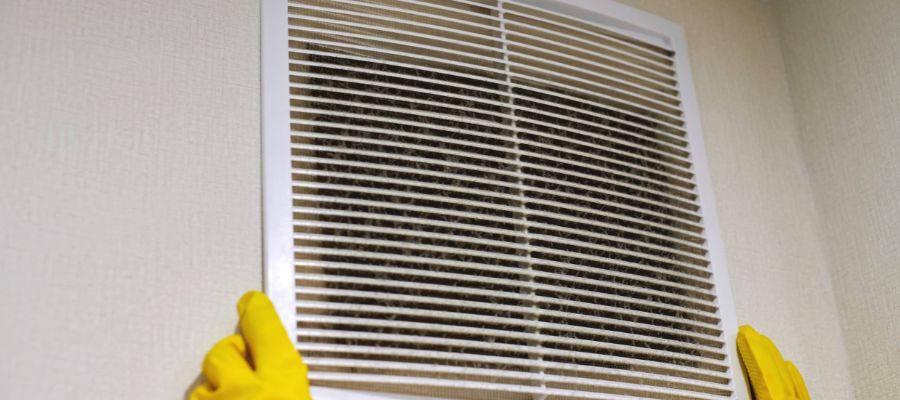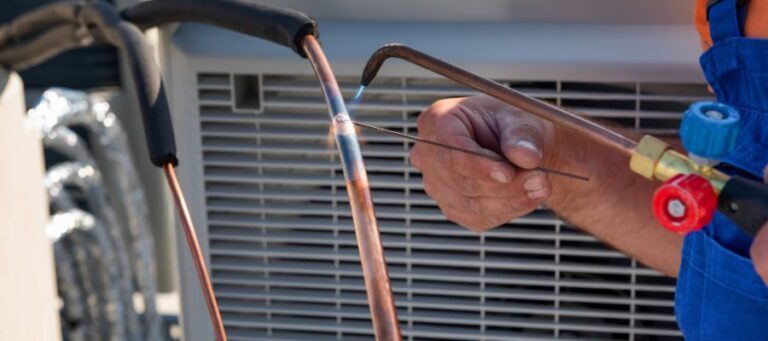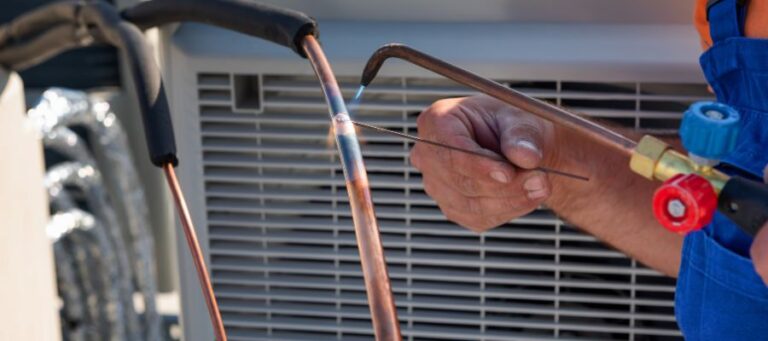

HVAC Services
Get Professional Repairs From The Area's Trusted HVAC Technicians. Ask About Our Services! We Offer Professional Heating & Cooling System Repairs And Guarantee Long-Lasting Results.
Got Question? Call us: (850) 678-2665Financing
Comprehensive Guide to HVAC and Indoor Air Quality: Understanding, Maintaining, and Improving your Home’s Air

Indoor Air Quality (IAQ) is a significant aspect of maintaining a healthy and comfortable living environment. Your HVAC system, often considered the lungs of your home, plays an integral role in managing and maintaining your indoor air quality. In this guide, we’ll dive deep into the connection between your HVAC system and IAQ, and how you can ensure it promotes a healthy indoor environment.
Understanding HVAC and Indoor Air Quality
HVAC, an acronym for Heating, Ventilation, and Air Conditioning, directly affects the air you breathe in your home. It circulates and filters the air, controls humidity levels, and maintains a comfortable temperature. Good indoor air quality, as defined by the EPA and adhering to ASHRAE guidelines, is the air that has no harmful levels of pollutants such as dust and allergens, mold and mildew, radon, carbon monoxide, or volatile organic compounds (VOCs).
Common Indoor Air Pollutants and Their Sources. Several common pollutants can adversely affect your indoor air quality. These include:
Dust and Allergens
These particles can circulate through your home and exacerbate allergy symptoms.
Mold and Mildew
High humidity levels can promote the growth of these fungi, contributing to poor air quality.
VOCs
Emitted by various household products, these can accumulate in poorly ventilated homes.
Carbon Monoxide and Radon
These harmful gases can be particularly dangerous because they are odorless and colorless.
High-quality HVAC systems equipped with HEPA filters or air purifiers can help reduce these pollutants and improve indoor air quality.
Health Effects of Poor Indoor Air Quality
Poor indoor air quality can lead to several health issues, often termed ‘Sick Building Syndrome’. These can range from minor irritations like dryness and discomfort in the eyes, nose, throat, and skin to more serious conditions like respiratory diseases, heart disease, and even cancer. Asthma and allergies can also be exacerbated by poor IAQ.
How HVAC Systems Can Improve Indoor Air Quality
A well-maintained HVAC system can significantly improve your indoor air quality by:
- Proper Ventilation: HVAC systems provide necessary ventilation, reducing levels of indoor pollutants.
- Humidity Control: By maintaining optimal humidity levels, HVAC systems discourage the growth of mold and mildew.
- Air Filtration: HVAC systems, especially those with HEPA filters or UV light purifiers, can filter out particles, allergens, and microbes, improving air quality.
Choosing the Right HVAC System for Better Indoor Air Quality
When choosing an HVAC system, consider factors such as its filtration capabilities, whether it includes UV light purifiers, its energy efficiency, and any smart features. HVAC contractors can provide guidance based on your specific needs and the size of your home.
The Role of Maintenance in HVAC and Indoor Air Quality
Regular HVAC maintenance is essential for maintaining good indoor air quality. This includes regular system cleaning, duct cleaning, and changing air filters. Without regular maintenance, dust, allergens, and other pollutants can build up in the system and circulate throughout your home.
Innovations in HVAC for Improved Indoor Air Quality
Innovations in HVAC technology, such as smart HVAC systems and air quality sensors, are paving the way for improved indoor air quality. These systems can monitor air quality in real-time, detect issues early, and even adjust settings automatically for optimal IAQ.
Indoor Air Quality Standards and Regulations
The EPA has established standards for indoor air quality in homes, schools, and offices to protect the health and safety of occupants. Additionally, guidelines by ASHRAE provide a comprehensive set of procedures for maintaining a satisfactory indoor environment.
Conclusion
Maintaining good indoor air quality is essential for a comfortable and healthy living environment. A well-maintained HVAC system, equipped with features like HEPA filters, UV light purifiers, and smart sensors, can significantly improve your indoor air quality. Regular maintenance, including system and duct cleaning, is vital. Stay informed about indoor air quality standards and keep abreast of the latest HVAC innovations to ensure your home’s air is clean and fresh.
Related Articles:
Comprehensive Guide to Indoor Air Quality Monitoring and Testing
The Comprehensive Guide to HVAC Systems and Their Impact on Indoor Air Quality



